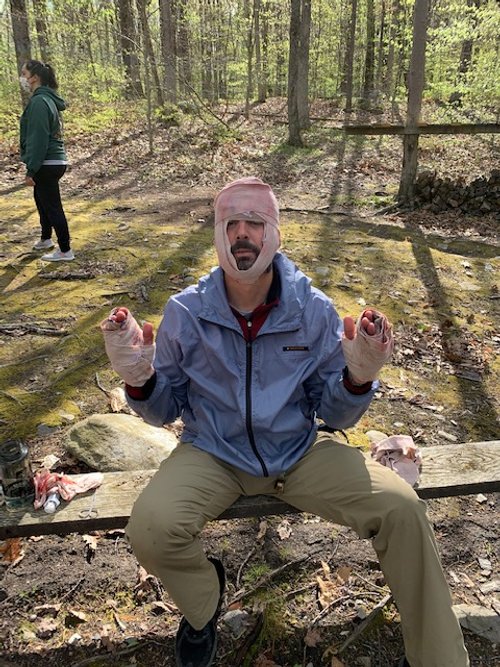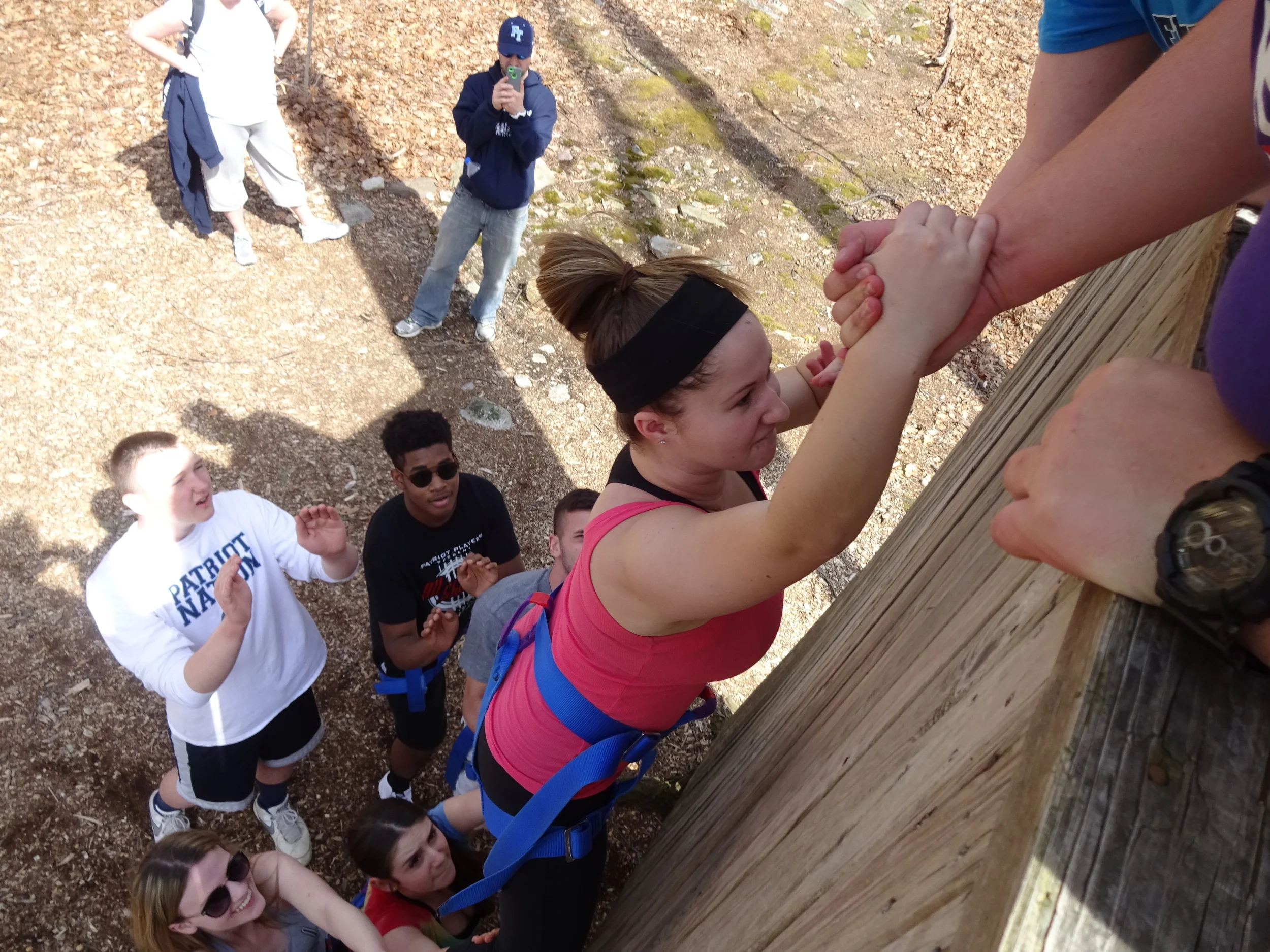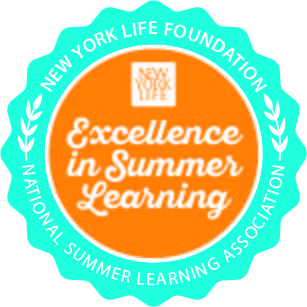Mental Health and the Outdoors
/How would you describe your experiences with nature as a child? Growing up, maybe you had access to a park or a vegetable garden. Maybe you went bike riding with your friends around your neighborhood or explored the woods with your beloved dog. The benefits of having access to nature extends far beyond childhood and impacts a person’s mental wellness for many years after such experiences according to a recent article from the American Journal of Health Education.
Many of the children we serve at the Princeton-Blairstown Center come from historically marginalized communities and do not have the same access to safe natural environments and often pay for it with their mental health. Another factor that has dramatically impacted children’s mental health is COVID-19. Not only has COVID-19 made it more difficult for children to access nature – spending hours in front of screens inside and isolated – but it has resulted in a children’s mental health crisis. COVID-19 has escalated cases of domestic violence and alcohol consumption in the home which can lead to violence and abuse. It is clear that something must be done to support young people - especially those from historically marginalized communities.
After a systematic review of 35 papers, researchers concluded that access to nature made a difference in children’s and teens’ mental health. Outdoor education programs and access to nature have been proven to provide physical, psychological, and academic benefits to children including helping to regulate the body’s stress response, boosting self-esteem and self-expression, and promoting cooperation and communication with others. The authors continue, “Equitable access and opportunities to learn, succeed, and be active in nature for children of marginalized backgrounds, can result in so much more than improved physical fitness and enhanced cognition. Such engagement with natural environments can create an inclusive sense of belonging in outdoor spaces, which can potentially provide access to coping mechanisms with opportunities to prevent and mitigate wellness disparities that could disproportionately affect the mental health of urban youth.”
Providing equitable access to transformative outdoor experiences is core to what we do every day at the Princeton-Blairstown Center and it is why we developed our Summer Bridge Program which is designed to serve 550-600 children from historically-marginalized communities – free of charge. Money and location can be huge barriers keeping children from experiencing the outdoors – and its mental health benefits.
For our non-Summer Bridge programming, we work with each group to meet them where they are around program costs because we believe that every child deserves to explore nature and reap the long-lasting mental health benefits that result from such experiences. It’s also the reason we are working to develop our Inside - Out program, designed to provide access and equity to middle school students from Trenton free of charge. The program provides six environmental education lessons during an overnight stay at our Blairstown Campus. Students are immersed in hands-on outdoor education that is aligned with state science curriculum standards. The program also includes two sessions designed to help students build their social-emotional skills, deepening their connections to other students, teachers, and the outdoors.























